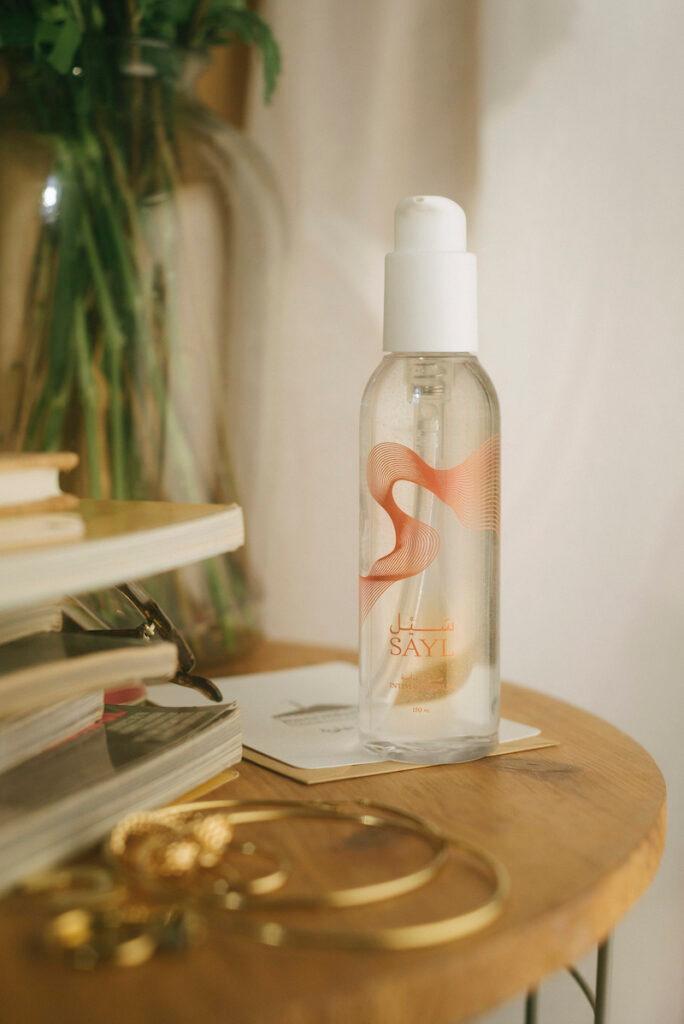Lubricants for the promotion of sexual health and well-being: a systematic review
Women’s perceptions about lubricant use and vaginal wetness during sexual activities – PubMed

So many of us see the word “lubricant” and think, “This isn’t for me.”
Indeed, lube is often assumed to be a product used only by women with vaginal dryness or men self-pleasuring, but it’s much more than that – trust us!
Lube is a great way to enhance your sexual experience and increase the chances of reaching orgasm any time you're getting intimate with yourself or with a partner.
Fact: Women are more likely to orgasm with the addition of lube.
Here are some tips to guide you as you choose a lubricant.
Lubes come in different bases – water-based, silicone-based, oil-based, and hybrid. Water-based lubes are suitable for sensitive skin, versatile, easy to clean, and work well with regular intercourse. Water-based lubes also mimic your body’s natural lubrication, which makes it ideal if you take longer to get wet.
Silicone-based lubes are longer-lasting, so they’re great if you don’t easily get wet or for sexual play that involves a part of your body that doesn’t naturally get wet.
Choose a base that aligns with your preferences and any specific requirements you may have.
If you or your partner have sensitive skin or allergies, opt for an all-natural formulation that’s suitable for sensitive skin and free from added fragrances or irritants.
Confirm the compatibility of your chosen lube with condoms and any toys you plan to use. Not all lubes play well with certain materials. For example, water-based lubricants are versatile and generally safe to use with most materials, including latex condoms, silicone pleasure products, and various types of materials commonly found in intimate products.
Silicone-based and oil-based lubricants should not be used with silicone products. Oil-based lubricants can also weaken the latex of condoms and increase the risk of breakage.
Lubes come in various consistencies. Water-based lubes offer a smooth and runny feel, mimicking natural moisture, making them ideal for various activities and compatible with condoms and toys. Silicone-based lubes offer a luxurious, gel-like texture and are long-lasting, though incompatible with silicone toys. Experiment with different textures to find the one that you prefer.
The pH balance of your body and your chosen lubricant can play a role in maintaining comfort and preventing irritation. Your vaginal pH typically ranges from slightly acidic to neutral, and using a lubricant with a similar pH can help maintain a healthy environment. Look for lubes that are labeled as “pH-balanced” or formulated to match the vaginal pH.
Before using any lubricant, examine the ingredient list and make sure you don’t have sensitivities or allergies to any of them. Sex experts recommend avoiding lubes with fragrances or flavors as these can cause irritation.
Look for lubes that are paraben-free. Data suggests that parabens and other preservatives have harmful effects and may interfere with your hormones.

If you’re interested in trying a water-based lubricant with all-natural ingredients, we recommend Sayl, our very own lubricant!
Made with women in mind, it’s entirely plant-derived, free of harmful chemicals, and pH balanced so that it won’t disrupt your vagina’s delicate microbiome.
In addition, we've designed the packaging and shipping process to reveal as little information as possible. You won't find the word ‘Mauj’ written anywhere on your product, box, or packaging, or any explicit indication of what it is.
Contrary to popular belief, lube isn't just useful when you're having penetrative sex with a partner. It's actually a great addition to your self-pleasure routine as it enhances pleasure and introduces new sensations.
Did you find the answer you were looking for? Is there something we missed? What did you think of this resource? We want to hear from you.
